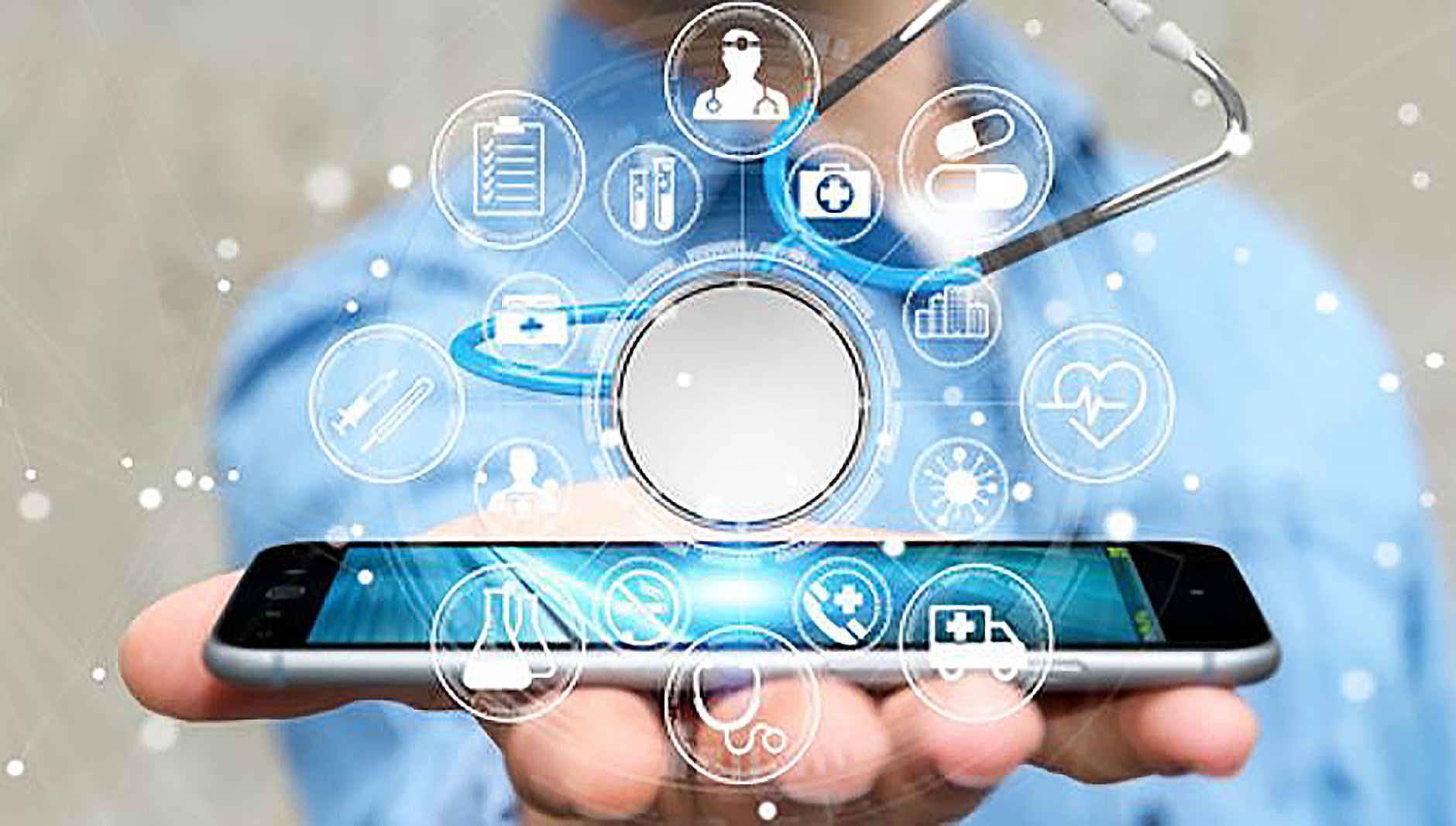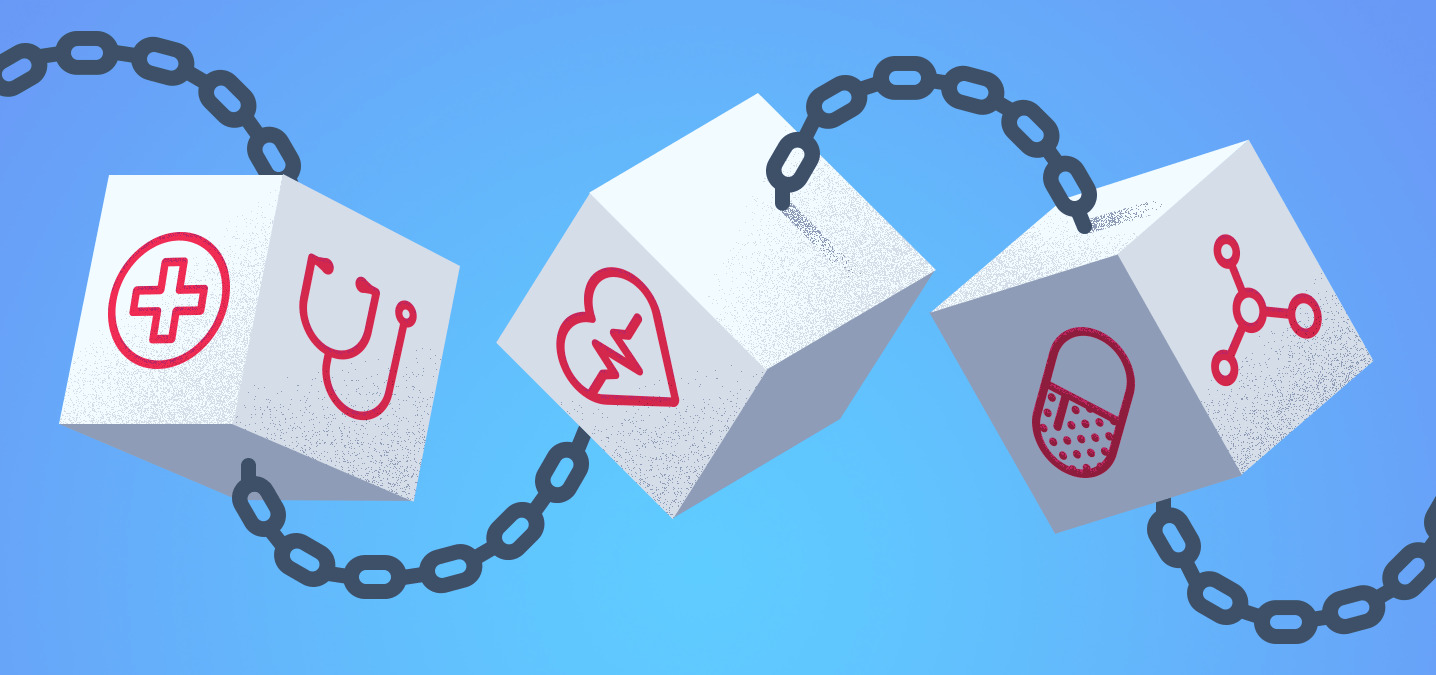Blockchain in Healthcare: A Revolution Against Corruption
The Giglio Foundation of Cefalù has taken a step forward in the fight against corruption in healthcare. As the first healthcare company in Sicily, it implemented blockchain technology into its organizational model. This system is in line with the rules established by Legislative Decree 231/2001 to prevent administrative and criminal offences.
What is Blockchain and How It Works
Blockchain is a technology that uses a computer network to create an immutable record of data. Initially developed for the management of cryptocurrencies such as Bitcoin, today it finds varied applications, including the healthcare sector.
Blockchain and Industry 4.0
As Industry 4.0 technologies evolve, blockchain is becoming an essential tool for companies that want to stay ahead of the curve.
Benefits in Administrative Management
The adoption of blockchain promotes completely transparent administrative management. This system offers an "armored" register, making every documentary and information process traceable and immutable.
A True Ally for Supervision
Thanks to it, supervisory bodies and company management can quickly access the administrative process, which once inserted becomes unalterable. This feature acts as a deterrent to behavior that evades anti-corruption procedures.
High Risk in the Healthcare Sector
In healthcare, the risk of corruption is high due to the huge financial resources involved. Blockchain represents an effective safeguard to prevent possible crimes.
A Start-up behind Technology
An innovative start-up company was the driving force behind the implementation of blockchain. They adapted the existing organizational model and corporate governance norms to the new technology.
Conclusion: A Step Forward for Sicilian Healthcare
The Giglio di Cefalù Foundation has introduced a system that not only guarantees transparency, but actively fights corruption in the healthcare sector. Healthcare could become a much safer and more transparent sector for everyone.









